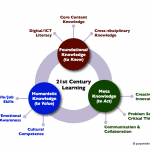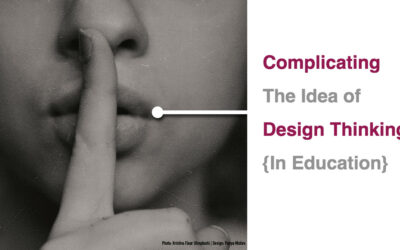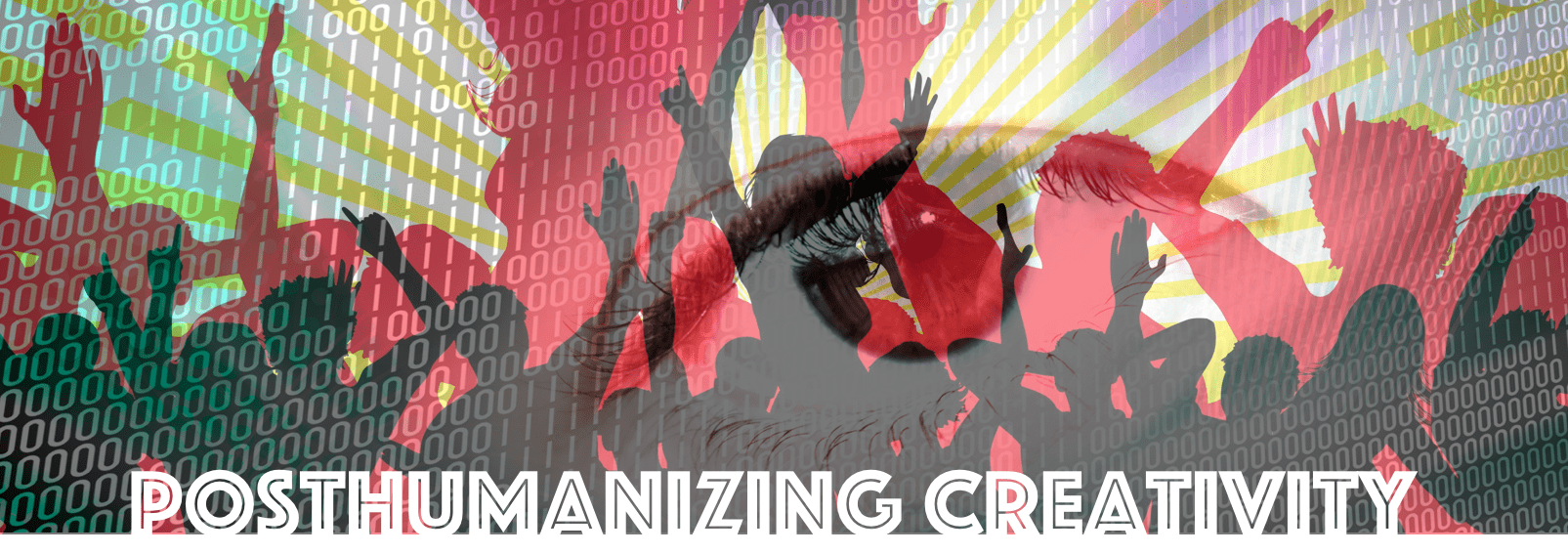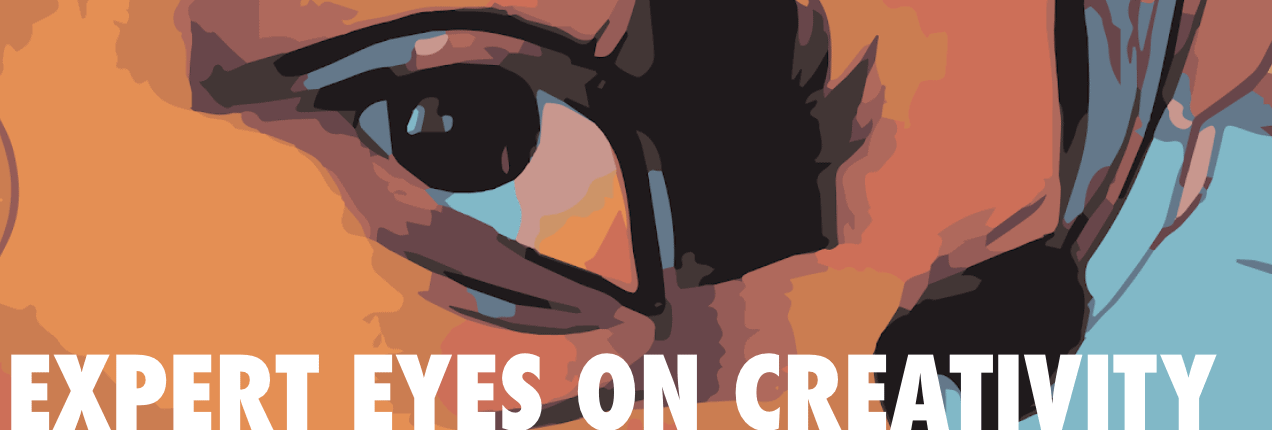Back in July 2013, the Journal of Digital Learning in Teacher Education (JDLTE) published our paper on 21st Century Learning. This paper written with Kristen Kereluik, Chris Fahnoe and Laura Terry looked at over a dozen different 21st century learning frameworks and attempted to come up with a coherent overarching framework—and its implications for teacher education. I have received occasional emails from people who have stumbled on this article and have liked it. What has been gratifying is that most of these messages are from practitioners! And then… yesterday, we received an email, as follows:
This year marks the beginning of an annual recognition for researchers who have published in the Journal of Digital Learning in Teacher Education—the JDLTE Outstanding Research Paper award. This award is in recognition of the single article from the prior volume year with the highest possibility to advance the field of teacher education, based on the criteria of potential impact and contribution, innovativeness, and generalizability or usability.As Chair of the JDLTE Outstanding Research Article Award Committee, along with the editors of JDLTE, I am pleased to let you know that your article, “What Knowledge is of Most Worth: Teacher Knowledge for 21st Century Learning, by Kristen Kereluik, Punya Mishra, Chris Fahnoe, and Laura Terry, has won this prestigious honor.
We would like to recognize your work during the ISTE conference this summer, and invite you to present your study during a full one-hour session that has been set aside for this purpose.
Here is the full reference with a link to the article.
Kereluik, K., Mishra, P., Fahnoe, C., & Terry, L. (2013). What knowledge is of most worth: Teacher knowledge for 21st century learning. Journal of Digital Learning in Teacher Education, 29(4), 127-140.
Also the diagram synthesizing our findings can be found here: http://punyamishra.com/2013/05/10/2-diagrams-21st-century-knowledge-synthesized-7-trans-disciplinary-skills/





Congratulations on your award through the Journal of Digital Learning in Teacher Education. I very much appreciate your work to synthesize different frameworks to establish one that brings coherence and focus to “what knowledge is of most worth.” Thank you!
Thanks Mark. Your kind words are much appreciated. ~ punya